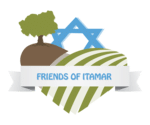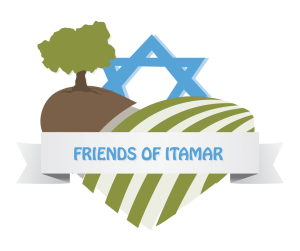Parashat Noach – “Somewhere over the Rainbow”- 2009
“Somewhere over the Rainbow”- Parshat Noach 2009 October 23, 2009 After leaving the obscurity of the darkness of the ark, and the winds of change cleared the waters of
Parashat Bereishit – Rectification – 2009
Parshat Bereishit October 15, 2009 The ultimate aim in the creation of man was that he should strive to emulate G-d by following His attributes, like by being compassionate, giving
Succoth – Rain! 2009
Hoshanah Rabbah October 9, 2009 The renowned Abarbanel(1437-1508) teaches us that the three major holidays: Pesach, Shavuot, and Succot each represent a stage in building the Jewis
Succoth 2009 – Hashem hugging us
Sukkot 2009–10–03 At the beginning of fall, at the height of harvest time, we celebrate Sukkot: Z’man Matan Simchateynu, the season of our rejoicing. The storehouses are
Parshat Ha’azinu – Shabbat Shuva (Return!) – 2009
Parshat Ha’azinu – Shabbat Shuva (Return!) September 25, 2009 Moshe Rabbeinu signs, seals and delivers G-d’s message to Am Yisrael: Give ear, oh you heavens and I wil
Rosh Hashanah the concealed holiday – 2009
Rosh Hashanah the concealed holiday September 18, 2009 Our sages bring down in the tractate of Rosh Hashanah (11A) a list of events that occurred on Rosh Hashana (New Year) two of
Parashat Nitzvim – Standing Upright – 2009
Parshat Nitzavim September 11, 2009 “You stand upright this day, all of you before the Lord…” (D’varim 29 9:10) There are times to sit, times to run and tim
Parashat Ki Tavo “When you come into the Land” 2009
Parshat Ki Tavo September 3, 2009 “V’haya Ki Tavo el Ha’aretz” – “When you come into the Land”.(Dvarim 26:1) Being that this parsha falls on t
Parashat Re’eh – Roots and Identity – 2009
Parshat Re’eh August 13, 2009 When a person wants to validate his identity, he delves deep into his roots, verifies the provable facts; he can even check his genealogy and ex
Tisha B’Av – The Nine Days – 2009
The Nine Days July 24, 2009 The nature of the 9th of Av and the days leading up to it can only be described as one of dread. It is a time when “exaggerated vision” come

